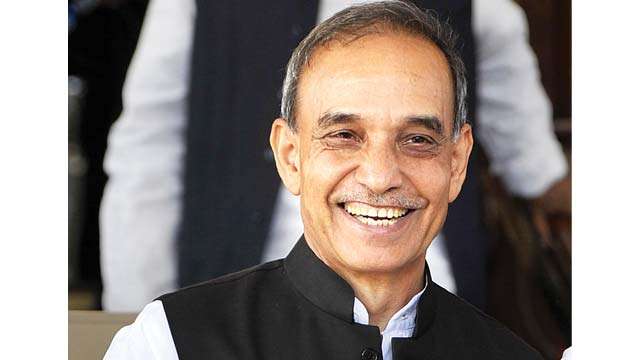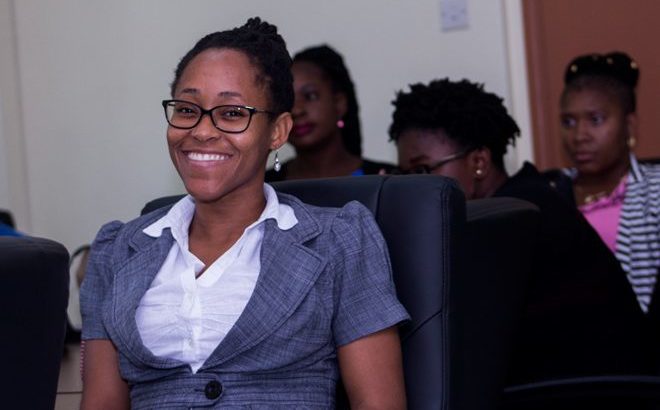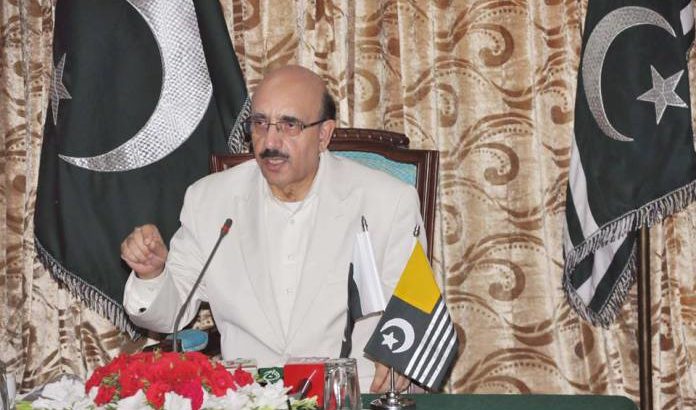Delighted to be here and interact with this next gen group from different educational streams.
The UK and India have a long relationship and we are looking towards partnering India in the future particularly in education, skills and entrepreneurship. I am glad to know that a significant number of students from the Heritage school and colleges go to the UK for higher studies and work.
The UK welcomes the brightest and best international students to our world-class universities.
A British education is a quality-mark and a passport to global success. The UK is home to some of the oldest and most respected universities in the world, and some of the very best. The UK hosts four of the world’s top 10 universities (Cambridge, UCL, Imperial College London and Oxford) and is home to 30 of the world’s top 200 universities.
Oxford has been ranked the best university in the world by Times Higher Education World University rankings. Oxford knocked five time champion California Institute of Technology into second place as Cambridge and Imperial College joined the top 10.
A British education offers excellent value for money. British degree courses are more intense than in many other countries, with students receiving top quality education in a shorter period, costing less overall than other destinations like Australia, the US and Singapore.
Studying in the UK is a truly international experience. We attract more overseas students than any other country except the US. The UK is a diverse, multicultural society, home to an Indian diaspora of 1.5 million.
And it is not that students always pay for the courses themselves. The UK in India hosts the largest Chevening Scholarships and Fellowships country programme in the world, with a £2.6 million budget to fund about 130 fully funded scholarships and fellowships for future Indian leaders. Besides scholarships for Masters’ programmes, short term fellowships are offered in financial services, journalism, cyber security, science & innovation and leadership & management.
The British Council will be familiar to all of you. I believe the Heritage School has a very effective ongoing partnership with the British Council. The council offers the GREAT scholarships for a range of subjects ranging from engineering and law to art and design and information technology across England, Scotland, Wales and Northern Ireland.
The Commonwealth Scholarships for students from developing Commonwealth countries are offered Master’s, PhD, and split-site (PhD) study in the UK. These scholarships are funded by the UK’s Department for International Development. On average 60 Indian students are supported by the Commonwealth programme each year.
I know some of you feel that it is difficult to get a UK visa. The student visa process is straightforward for genuine students. In 2016, 95% of student entry clearance visa applications were approved, a number that has risen every year since 2010, and the issue rate in India is 91%.
A recent research done by the British Council revealed that one in 10 current world leaders have studied in the UK. Notable alumni from UK universities include the former Australian Prime Minister Tony Abbott, Queen Margrethe II of Denmark, and Hassan Rouhani, the Iranian president.
Around 38% of Nobel Laureates who have studied at universities abroad, studied in the UK – more than any other country.
Earlier this year the first Newton Prize Competition was held in India with a prize of £1 million. The competition focused on public health and wellbeing, including issues such as anti-microbial resistance, disease, healthcare, and nutrition.
The UK Science Ministry also announced a series of research programmes from the Newton Fund worth up to £80 million to address global challenges affecting people in India. The investments were announced on the sidelines of the India-UK TECH Summit in New Delhi – India’s premier science and technology showcase.
The new programmes take the total joint UK-India investment in research through the Newton Fund up to £200 million by 2021, demonstrating the fund as a major bilateral initiative in India. It brings together the world class excellence of the UK and India to address global challenges through science and technology.
India is currently the world’s ninth largest economy, and is predicted to become the third largest by 2050. It is currently the world’s fastest growing economy. However, it is also home to a third of the world’s poor, ranks 142nd on the World Bank’s ease of doing business index and 94th on transparency international’s corruption index. Additionally it is the third largest emitter of greenhouse gases despite 300 million people lacking access to energy.
India’s economic success and development are vital to the global economy, to UK interests across South Asia and to global priorities like the sustainable development goals.
In this context, the target action areas include improvements in the business environment, skill development, employment generation, energy security and developing smarter cities as engines of growth.
The TECH Rocketship Awards from our Department for International Trade supports globally aspirational start-ups across sectors with a technology backbone. The focus over the last few years has been on innovations that impact energy, education, health and finance sectors.
The exchange of ideas and skills is a two way process. The Generation UK-India Programme supports young people from the UK gain skills and experience in India over the next five years. For example – in partnership with TCS for 1,000 internships for UK students. Generation UK-India will work with Indian institutions to create opportunities for young people in the UK to undertake cultural immersions placements, teaching partnerships and work placements.
The UK India Education and Research Initiative in its first two phases has supported over 1000 new education and research partnerships that aim to deliver long term prosperity benefits for both the UK and India. The programme has also facilitated 25,000 exchanges of academicians, researchers, staff and students, creating lifelong links between the UK and India and over 35 million young people have benefitted through train the trainer programmes.
I see education, skills and entrepreneurship as the backbone of the UK-India future partnership and hope the next gen in both countries will take advantage of the opportunities available to become Living Bridges connecting the people of both nations across political, economic and social platforms.
Source:
http://www.4-traders.com/news/DECC-UK-Department-of-Energy-and-Climate-Change-UK-India-partnership-through-education-skills-and–25017970/












 Users Today : 122
Users Today : 122 Total Users : 35459588
Total Users : 35459588 Views Today : 199
Views Today : 199 Total views : 3417957
Total views : 3417957